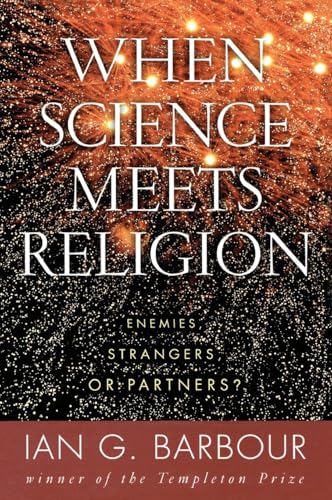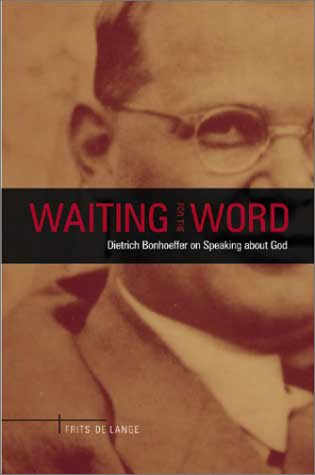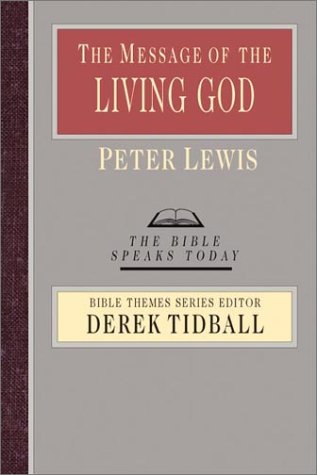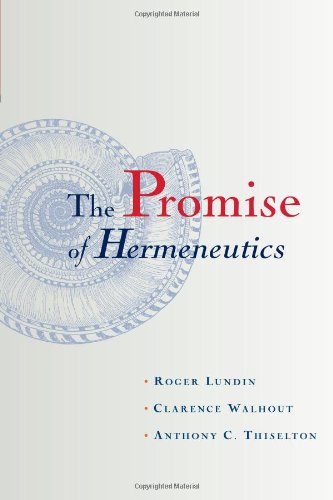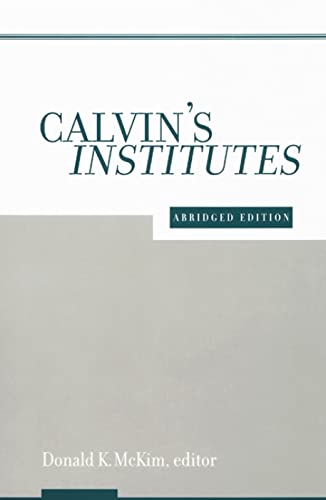From Awakening to Secession: Radical Evangelicals in Switzerland and Britain 1815–35
Written by Timothy C.F. Stunt Reviewed By Meic PearseThis major work represents the fruit of a lifetime’s research. Timothy Stunt has produced numerous articles during his long career but this is his first book for thirty years. And it is a magnum opus!
In it Stunt considers the various evangelicals of Switzerland and Britain, and in particular the links and interactions between them. He is little concerned with established groups of dissenters and non-conformists; Methodism receives scant attention, and the Congregationalists and Baptists none at all. Instead, Stunt focuses on the national or ‘mainline’ churches, and on the evangelical movements struggling to emerge within them. As his title suggests, the groups which emerged early in his chosen period had, as often as not, seceded from the national churches by the mid—1830s. The process by which this happened is the central theme of the book.
As Stunt himself points out, his story is concerned with those radical evangelicals who, whilst unhappy about the rise of nationalism and the politics of the French Revolution, were not merely nostalgic for the past, but assumed instead ‘that peace could be no more than a momentary chimera’ and that they were ‘living in the “last times” ’.—This was a conviction that inclined many of them to a new interest in the eschatology. Inevitably, the rise of the Brethren, replete with their new dispensational schema, and the career of Edward Irving and his rediscovery of the charismata play significant parts in the story. So too do the awakenings in Geneva (which had sunk into a complete spiritual torpor a century or so before these developments) and Bern in the 1810s.
It should be said that this book is a detailed study, rather than a racy read. It is careful and judicious in its style that is also to say, alas, heavy going in places. Stunt’s work will certainly be a prime point of reference for scholars for decades to come, but is unlikely to be a historical best-seller in the short term. For those already in the know about some of his leading characters, however. Stunt’s book is an invaluable ‘filling in’ of the background, and of the wider connections. Here are the whole host of figures placed in their broader context. J.H. Merle d’Aubigné is a case in point. Many readers will know of him, if only because of the Banner of Truth’s keeping some of his works in print long after they have been superseded as works of scholarship. Stunt provides the backcloth from which Merle d’Aubigné emerged, and against which he worked.
The book commences with a very insightful summary of the relationship between politics, intellectual life and religion during the eighteenth century. It then gives detailed accounts of the réveil in Switzerland, including the parts played by British visitors to that country, and its subsequent impact upon Britain in turn. There are complete chapters given over to events in Ireland (J.N. Darby, A.N. Groves etc.) and in Scotland (Thomas Chalmers, Thomas Erskine et al.). as well as to pre-Tractarian Oxford. The final chapters look at the process of secession.
Stunt’s conclusion is that radical evangelicalism offers both benefits and negativities. He points to the ‘ecclesiastical agoraphobia which so often accompanies the quest for a smaller and purer communion’, and sees this epitomised by Brethren divisiveness and the ‘fervent but lonely piety’ of the Catholic Apostolics. Al the same time, he is appreciative of the radical emphasis (he mentions the contemporary charismatic movement) that have managed to find their way into ‘forms of worship across the entire ecclesiastical spectrum’. As Stunt sees it, the trick for radicals is to channel their energies into renewing the whole body without making their own rigorism normative: the trick for church authorities is to make a place for ‘a more intimate and committed circle of devotion’. Ecclesiola in ecclesiae. Whether or not one agrees with Stunt’s conclusion, reading his work is both a broadening and a deepening experience. A must for theological libraries, nineteenth-century specialists and, one suspects, for many others besides.
Meic Pearse
London Bible College



